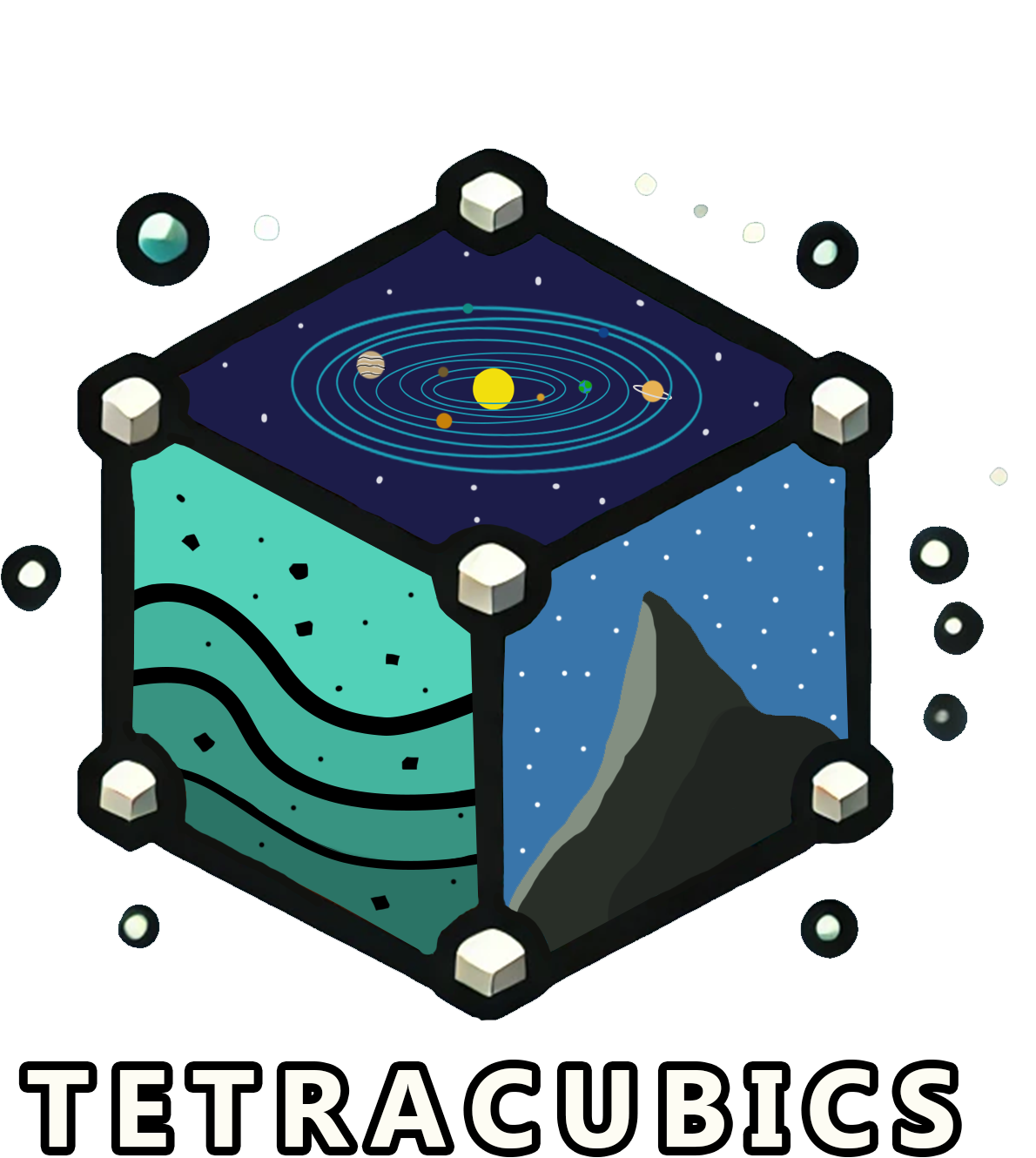Photo by Kennst du schon die Umkreisel App? from Pexels
When I first heard the term “democratization of space”, I thought it was a daft term for making space accessible to all. Greek republics allowed for voting on important matters for select classes, still a minority of the population percentage wise and even modern democracies have less than ideal support rates. However, these thoughts ended with an apology to my Norwegian friend who was correct about the term unlike me.
I think we have all seen the child whether it was on TV, an in-person friend or family member, or perhaps we ourselves were that child who slept in bedsheets with planetary images with a solar system model hanging from the light and posters on the wall of rockets. And for over half a century, that child was told that they too could dedicate their lives to space, that it would be hard, that they would have to work harder than everyone else and sacrifice themselves entirely, but that it was possible.
As of today, thousands of rockets have gone out into space, but still under 10000 and we are yet to have a thousand people venture into space. So, the question lingers before us. How can we make space more accessible to all and what does that world look like?
The obvious technical answer is to make rockets and satellite platforms cheap and reliable. A task that is easier said than done, but nevertheless that is our current trajectory. But what does that world look like? How does it feel?
A world where the coldness of the universe is not reserved for the select few children of space and the ultra-rich, but for those who are willing to look and listen. A world where an adult can walk somewhere close and choose to send the ashes of a loved one without hassle. Or even an older child who is able to mess around with space-tech with nothing but curious eyes and an even more curious mind.
I cannot state whether this world will be good nor bad, that is not my place, but this world is coming, and sooner than one might expect.
Mercury, Pluto, Europa, Ganymede, Callisto, Triton, Ceres; none have ever seen a landing. Uranus and Neptune? No descent controlled or otherwise. There is a theory, as unlikely as it may be, that alien birds live in the clouds of Venus based on the atmospheric composition. Mars has a mountain named Olympus Mons that is around a thousand times larger than Everest in terms of surface area. Jupiter’s icy moons may harbour life deep within its oceans. And Neptune is far hotter than any theory can explain. There are far more questions than answers for our solar system, never-mind the universe itself.
Commercial launches have been booming since 2014, not perfectly stable and frequent as desired, but better than ever before and rapidly improving. All that’s needed now is a good satellite platform in decent hands and a whisper.
So, with this new age of space discovery creeping in by the end of this decade, with the entire solar system opening up to you, what would you do?

